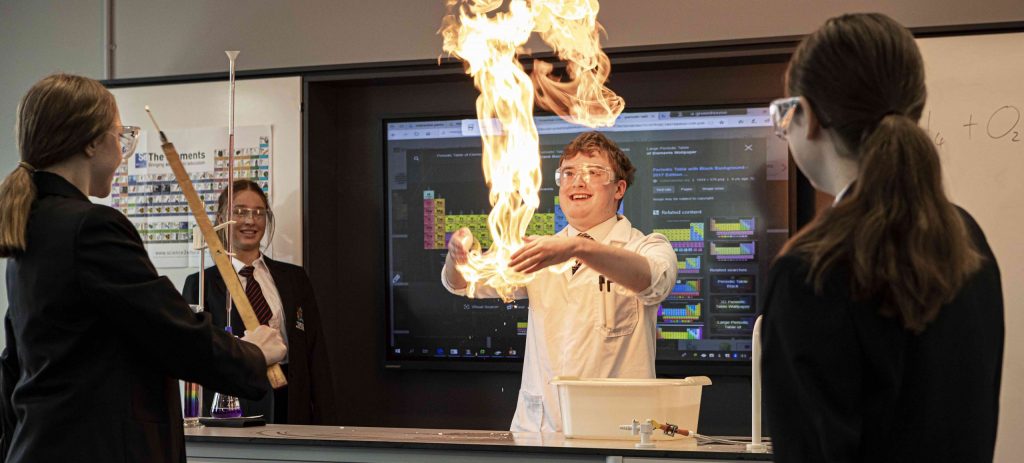Food Science and Technology is an important part of our wide technology subject provision
What you will Learn
GCSE Food Science and Nutrition will help you to develop a greater understanding of nutrition, food provenance and the working characteristics of food materials. You’ll also learn about food from around the world, through the study of British and international culinary traditions as well as developing an understanding of where food comes from and the challenges surrounding food security. You’ll master culinary skills and appreciate the science behind food and cooking.
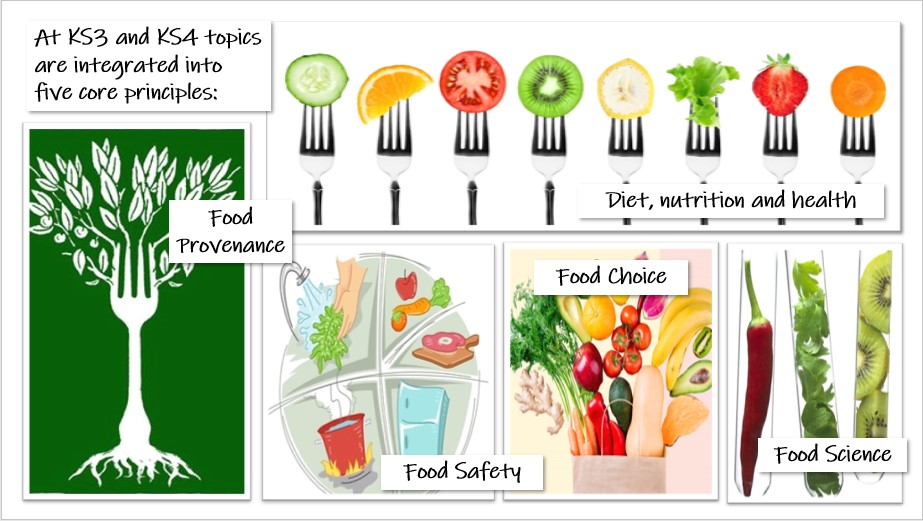
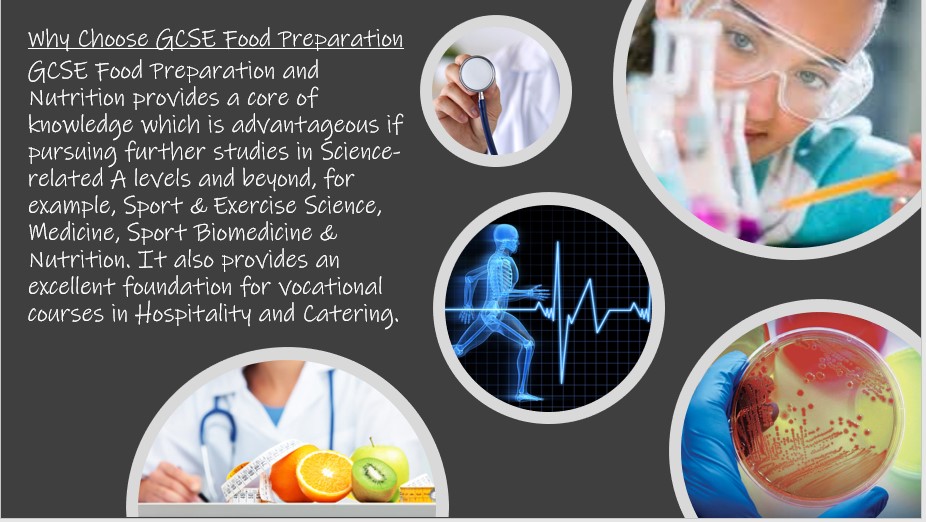
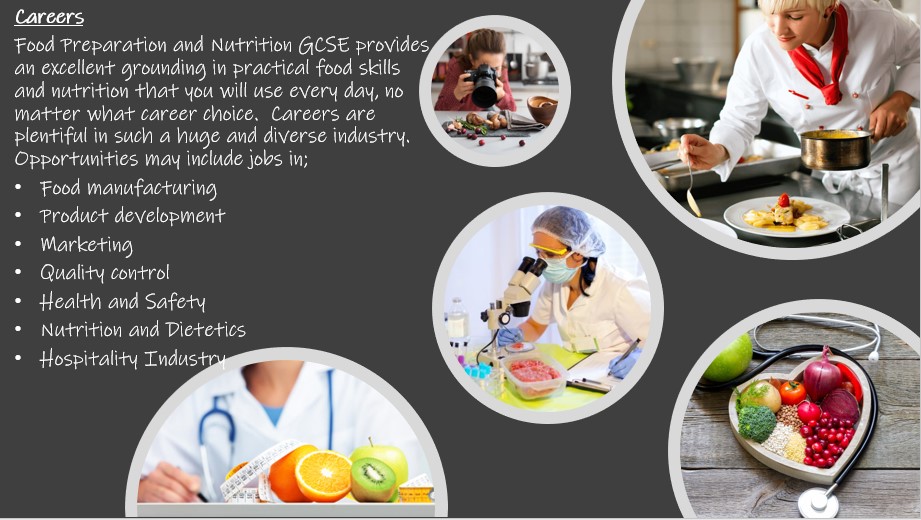
Due to popular request, the Food Science staff have put together these recipe booklets so our pupils can re-create some of the dishes they have been preparing in class.
